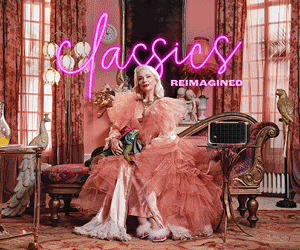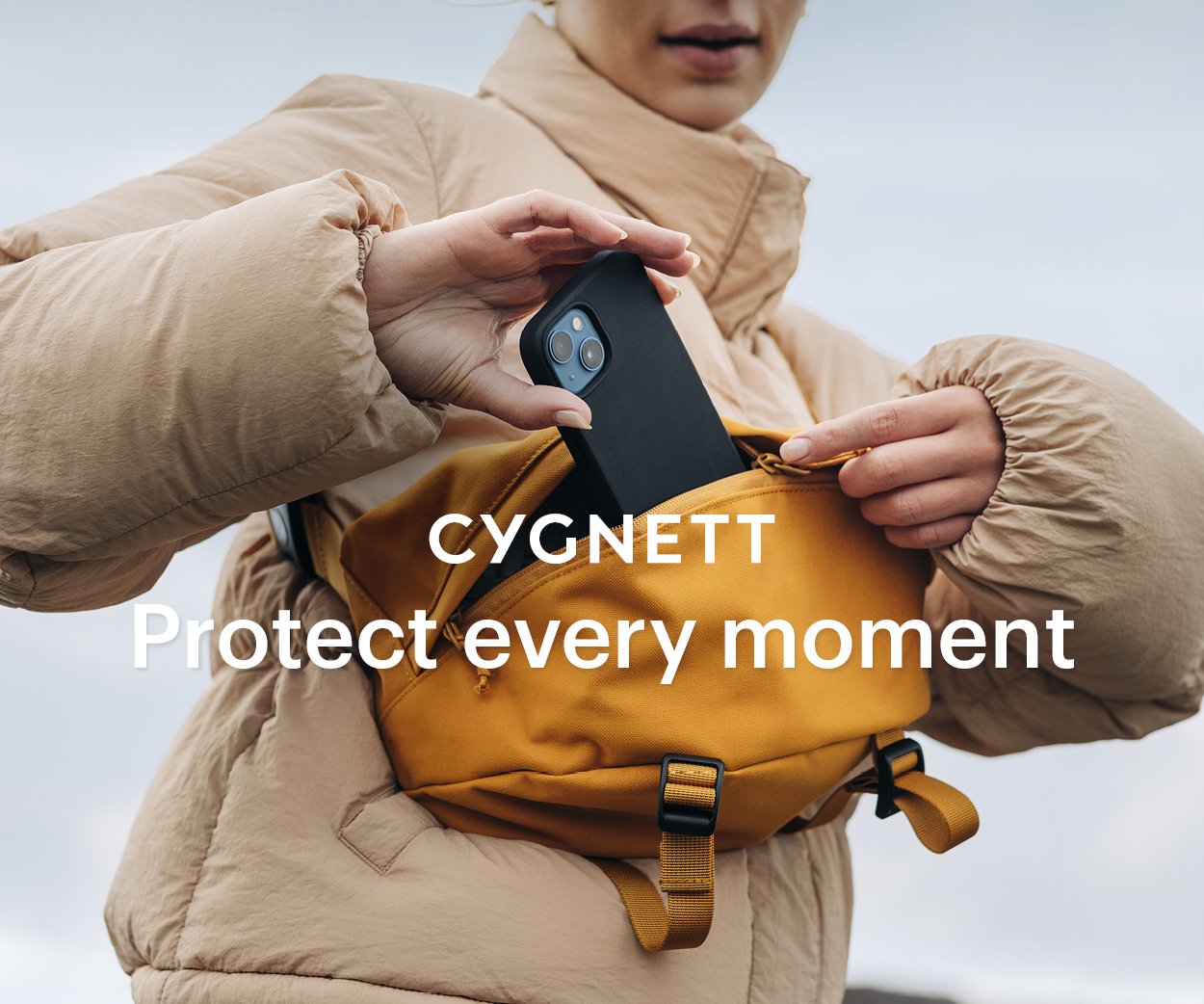Facebook will start fact-checking photographs and videos posted on its platform as it responds to an unprecedented wave of global criticism that it has done little or nothing to stem the tide of fake news that allowed the Russian Government and its propagandists to influence the last US General Election.
With the US mid-term elections for Congress and a number of gubernatorial positions in November fast approaching, the social media giant has faced mounting criticism that it wasn’t doing enough to fix the problems that had plagued the 2016 election, criticism which was weighing heavily on the company’s share price and reputation.
CEO Mark Zuckerberg has fronted Congress and been grilled on the subject for hours, but has only partially succeeded in abating widespread concerns about the company’s power and influence.
Facebook had previously directed its attention at misleading posts and links, but it has now broadened its investigation to include photos and videos, or what it termed “misinformation in visual formats”.
“The same false claim can appear as an article headline, as text over a photo or as audio in the background of a video,” Facebook product manager Tessa Lyons said in a statement in the US overnight. “We have to be able to fact-check it across all of these different content types and we are targeting video and photo content that has been manipulated, taken out of context, or includes a false text or audio claim.”
To this end, the company is relying not only on its own advanced algorithm technology but an increased number of human reviewers working in teams certified by an organisation called the International Fact-Checking Network.
Ms Lyons did add, however, that there are major challenges ahead, not only in establishing effective algorithms to determine if something is actually fake or not but also in unearthing visual material that has been posted without any context.
“Figuring out whether a manipulated photo or video is actually a piece of misinformation is more complicated; just because something is manipulated doesn’t mean it’s bad,” she said.











































